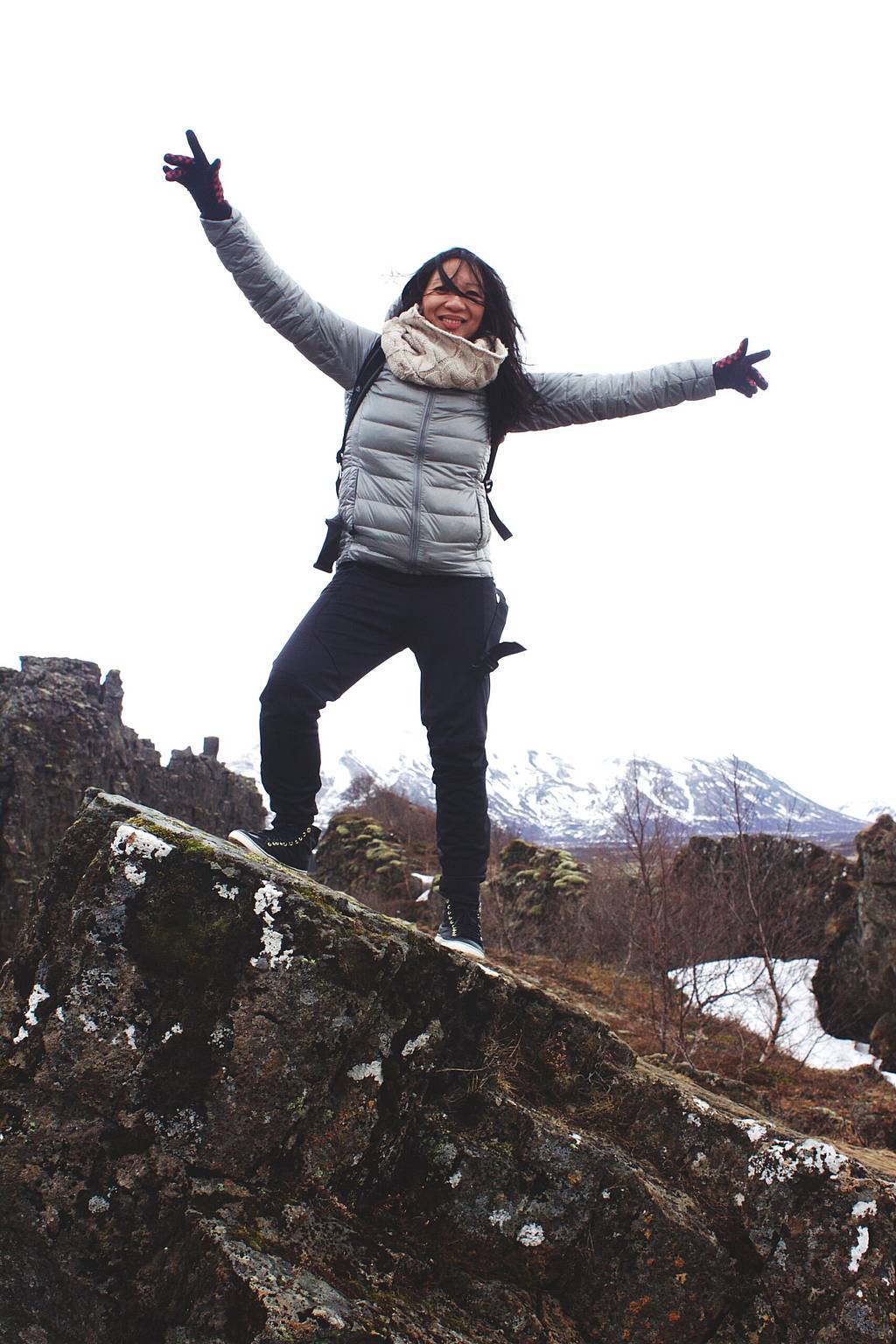Carolyn Orsini Nelson, M.Ed. and Edith Adams, M.S.W., LICSW
We routinely receive incredible, often heartwarming pictures of students whom we have had the privilege of recommending to therapeutic programs. They may have landed in places like Utah, Idaho, and Costa Rica, places they initially feared but places where they quickly become engaged in adventurous outdoor activities. One such favorite picture is of a pink-cheeked boy rappelling down a steep, rocky incline. Others show students white water rafting, surfing, snowboarding, rock climbing, hugging baby calves, summiting a mountain after a challenging hike, and riding horses.
Many parents comment that this sounds more like summer camp than therapeutic programming. What could possibly be therapeutic about all of this?
With some of the world’s premier therapeutic programming located among vast mountain ranges, oceanfront beaches, and remote forests, it’s understandable that parents wonder: What’s so therapeutic about surfing? How does my daughter address her issues while caring for a baby calf? How does sleeping under the stars help my son feel better?
In fact, for students who have been struggling with anxiety and depression, spending too much time on electronic devices, or refusing to go to school, these programs are powerful and effective. While parents are often initially shocked or frightened when we recommend sending their children so far from home, they soon come to realize the incredible impact the combination of more traditional therapeutic modalities and adventure-based, outdoor interventions have on their children’s health and healing. The research-based, finely-nuanced, deliberate methods of therapeutic service delivery used by these programs make them powerful opportunities for growth and healing for our young people struggling with issues that derail their natural progression through education. Life is filled with discomfort, struggle, and responsibility. Many young people enter wilderness programs and therapeutic schools because they have adapted to avoid these challenges. Adventure-based therapy teaches them to confront their anxieties by using what is found in nature to build their capacity for self-soothing and greater resilience.
With a history of academic failure and negative feedback for disruptive behaviors, that young man may look at standing on that surfboard as being as unlikely an achievement for him as acing calculus. Caring round the clock for a completely defenseless animal provides that young woman with the opportunity to develop the authentic interconnections she has been unable to experience in her other relationships. Waking up on a clear morning surrounded by nature’s beauty and challenges is a victory and a boost to that boy’s self-esteem. These experiences are all wonderful metaphors for the unfolding growth students experience in the various types of nature-based therapy available in the world of therapeutic wilderness, schools, and programs. At McMillan Education, we get to experience the renewal of hope and optimism as we witness our students learn through these amazing programs that they possess the ability to work hard and experience success in the face of life’s inherent discomfort, struggle, and daunting responsibilities.
Triumph, accomplishment, wellness, renewal …these powerful words describe the process of discovery, healing, and growth that occur for children, adolescents and young adults in therapeutic programs throughout the U.S. and abroad. We hear these words at the numerous conferences, such as those offered by the National Association of Therapeutic Schools and Programs (NATSAP), and traveling to see these programs on a regular basis also reminds us of the skilled clinicians working in these settings. We are blessed to be able to continue to build on our professional knowledge and on the relationships forged with therapeutic program clinicians through these enriching travels. Since January we have been to two conferences and visited over a dozen programs in Texas, Utah, Montana, and Idaho.
It is always wonderful to hear updates about our students who are thriving in therapeutic programs, many of whom had not made progress in more traditional therapeutic modalities back home. For these students especially, we are reminded of the benefits of programs that make extensive use of animals, adventure, and experiential therapy to build self-regulatory and social skills. From having students process their own adoptions by mirroring the adoption process through fostering and adopting dogs to helping students learn social skills while co-navigating a kayak down rapids, these students are fortunate to have intentional, focused opportunities for growth and development in their areas of need.
We always return to Boston after these travels with an even greater sense of hope about the futures of our students in need and we look forward to sharing our knowledge, hope and optimism with our McMillan Education families.

